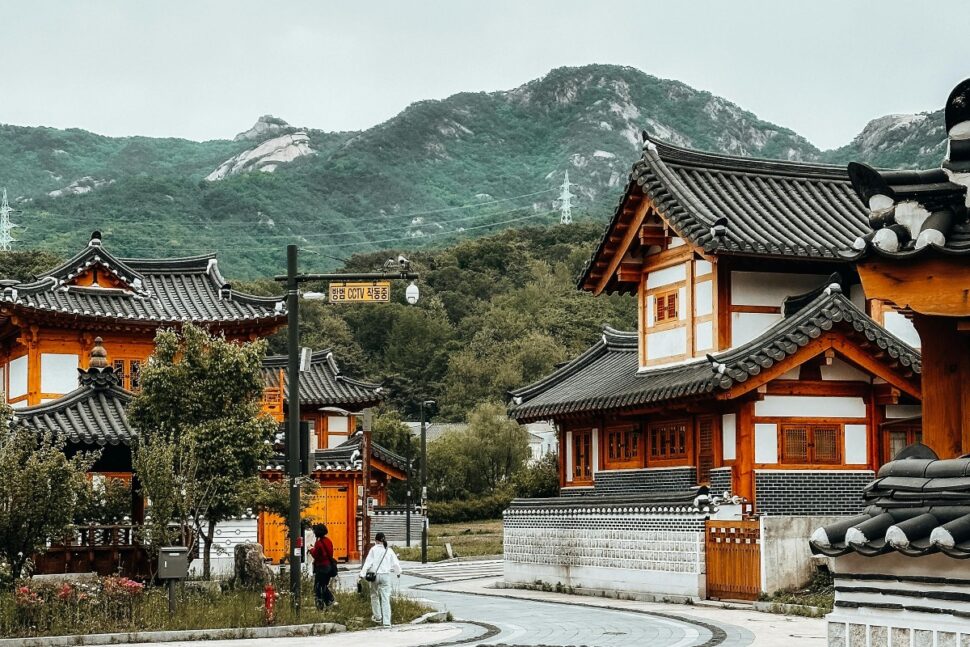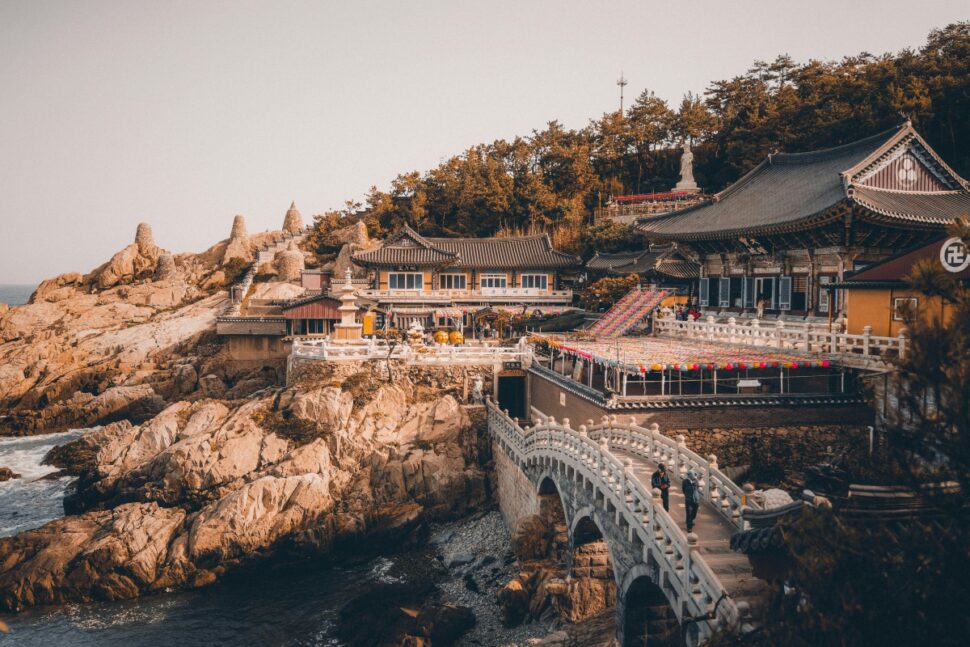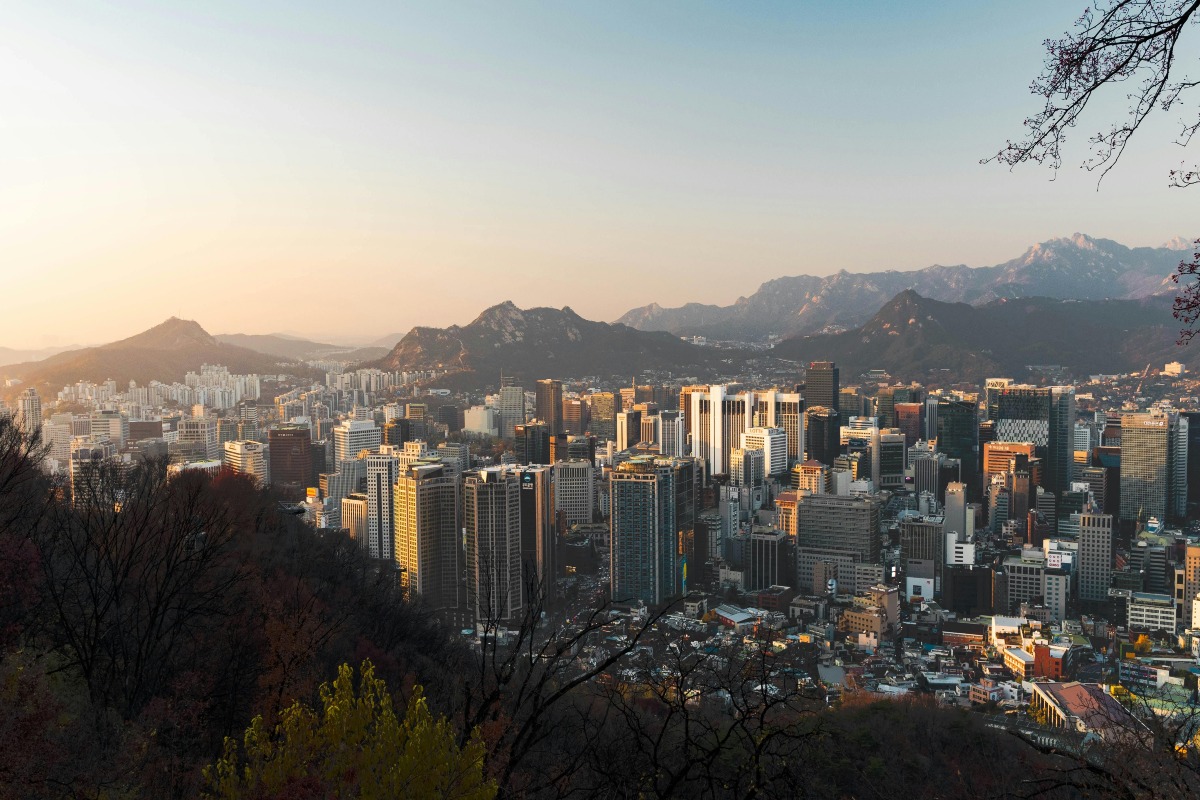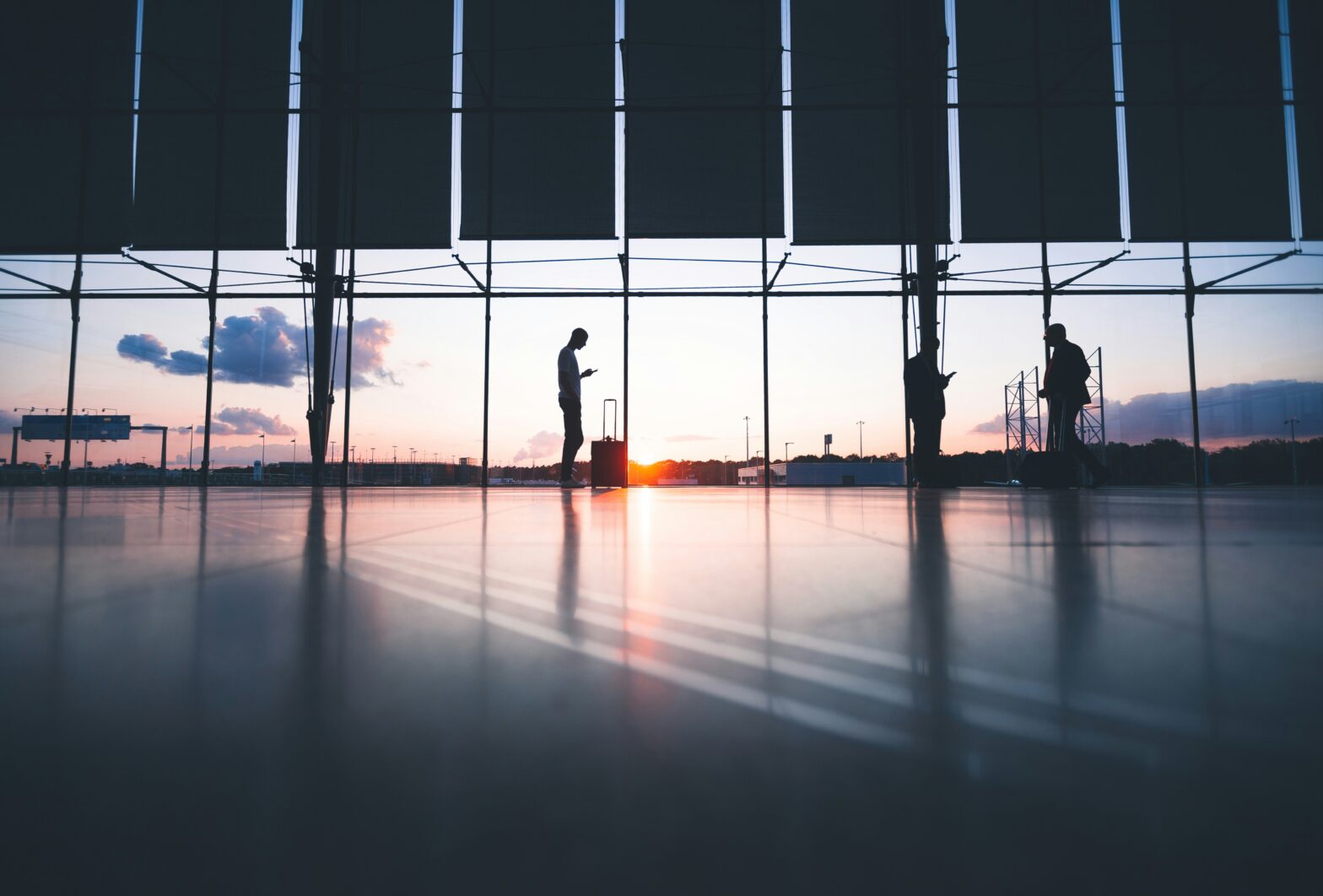South Korea, known for its cutting-edge technology, cultural heritage, and cuisine, has a long-standing reputation as a favorite destination for many travelers. However, recent political events have cast a shadow of uncertainty over this popular destination. This has prompted travelers to question the safety of visiting the Land of the Morning Calm.
In December 2024, a brief declaration of martial law sent ripples through the international community. The event raises concerns about the stability of this otherwise peaceful country. Here are the realities on the ground and some practical advice for those considering a trip to this corner of the world.
Official Travel Advisories
As of December 2024, the US Department of State has maintained its Level 1 travel advisory for South Korea, which advises travelers to “exercise normal precautions.” This rating suggests that the overall risk for travelers remains low, despite recent political tensions. However, it’s crucial to stay informed about any updates to travel advisories by checking the official US Department of State website regularly.
The Centers for Disease Control and Prevention (CDC) and the World Health Organization (WHO) have not issued any specific health warnings for South Korea related to the recent political events. Travelers should follow standard health precautions and stay updated on emerging health concerns through the CDC’s official South Korea travel page.
Is South Korea Safe For Tourists And Solo Travelers?

Despite the brief declaration of martial law in December 2024, which was quickly reversed, South Korea remains a generally safe destination for tourists and solo travelers. The country has a low crime rate compared to many other developed nations, and violent crime against foreigners is rare. According to the Korean National Police Agency, the overall crime rate in South Korea has been steadily decreasing over the past decade.
However, as with any travel destination, visitors should remain vigilant and take standard precautions to ensure safety. Transportation in South Korea is known for its efficiency and safety. The country boasts an extensive and well-maintained public transportation system, including subways, buses, and high-speed trains. Taxis are also readily available and generally safe, though using official, metered taxis or reputable ride-hailing apps is advisable.
Banking in South Korea is secure, with a well-developed financial system and widespread availability of ATMs. Credit cards are widely accepted, especially in urban areas. However, it’s always wise to inform your bank of your travel plans and carry some cash for smaller establishments or rural areas. While the recent political tensions have caused some concern, they have not significantly impacted the day-to-day lives of residents or tourists.
Common Scams To Be Aware Of In South Korea
Although South Korea is generally safe, travelers should be aware of some common scams that target tourists:
- Tea Ceremony Scam: Be cautious of friendly locals inviting you to a traditional tea ceremony, as it may result in an outrageous bill.
- Fake Goods: Exercise caution when purchasing luxury items, especially from street vendors or markets, as counterfeit products are sometimes sold as genuine.
- Taxi Overcharging: Always ensure the meter is running in taxis and be aware of the approximate costs for your journey to avoid overcharging.
To avoid falling victim to these scams, stay alert, trust your instincts, and be polite but firm in declining unsolicited offers or services.
How To Stay Safe In South Korea
Stay informed about local news and any potential protests or political gatherings to ensure a safe and enjoyable trip to South Korea. While most demonstrations are peaceful, it’s best to avoid large crowds. Keep important documents, including your passport and travel insurance information, in a safe place. Also, consider carrying photocopies or digital backups.
It’s also important to learn basic Korean phrases and download a translation app to help communicate in emergencies. Respect local customs and dress modestly, especially when visiting religious sites or rural areas. Remember to use reputable transportation options and avoid walking alone in unfamiliar areas late at night.
Where To Stay In South Korea

South Korea offers various accommodation options to suit various budgets and preferences. Some of the safest and most popular areas for travelers include:
- Seoul: Myeongdong, Hongdae, and Gangnam are lively districts with excellent public transportation and plenty of amenities.
- Busan: Haeundae and Gwangalli Beach areas offer beautiful coastal views and a relaxed atmosphere.
- Jeju Island: A popular vacation destination known for its natural beauty and safety.
When choosing accommodation, opt for well-reviewed hotels or guesthouses in central locations with good access to public transportation.
Best Time To Visit South Korea
The best time to visit South Korea largely depends on your preferences and the activities you’re interested in. Generally, spring (April to June) and autumn (September to November) are considered the most pleasant seasons, with mild temperatures and beautiful scenery.
Summer (July to August) can be hot and humid, with occasional monsoon rains, while winter (December to February) can be cold but offers opportunities for winter sports enthusiasts.
People Also Ask
- Are there any areas in South Korea that tourists should avoid? While South Korea is generally safe, exercising caution in areas close to the Demilitarized Zone (DMZ) bordering North Korea is advisable. Always follow local guidelines and avoid restricted areas.
- Is it safe to drink tap water in South Korea? Tap water in South Korea is generally safe, especially in major cities. However, many locals prefer bottled or filtered water, and it’s readily available throughout the country.
Should You Still Travel To South Korea?
Despite the brief political tension in December 2024, South Korea remains a safe and exciting destination for travelers. For those still concerned about visiting South Korea, consider alternative destinations in the region, such as Japan or Taiwan, which offer similar experiences in terms of technology, culture, and cuisine. However, it’s worth noting that South Korea’s offerings, from its K-pop culture to its historical sites and natural beauty, make it a one-of-a-kind destination.





